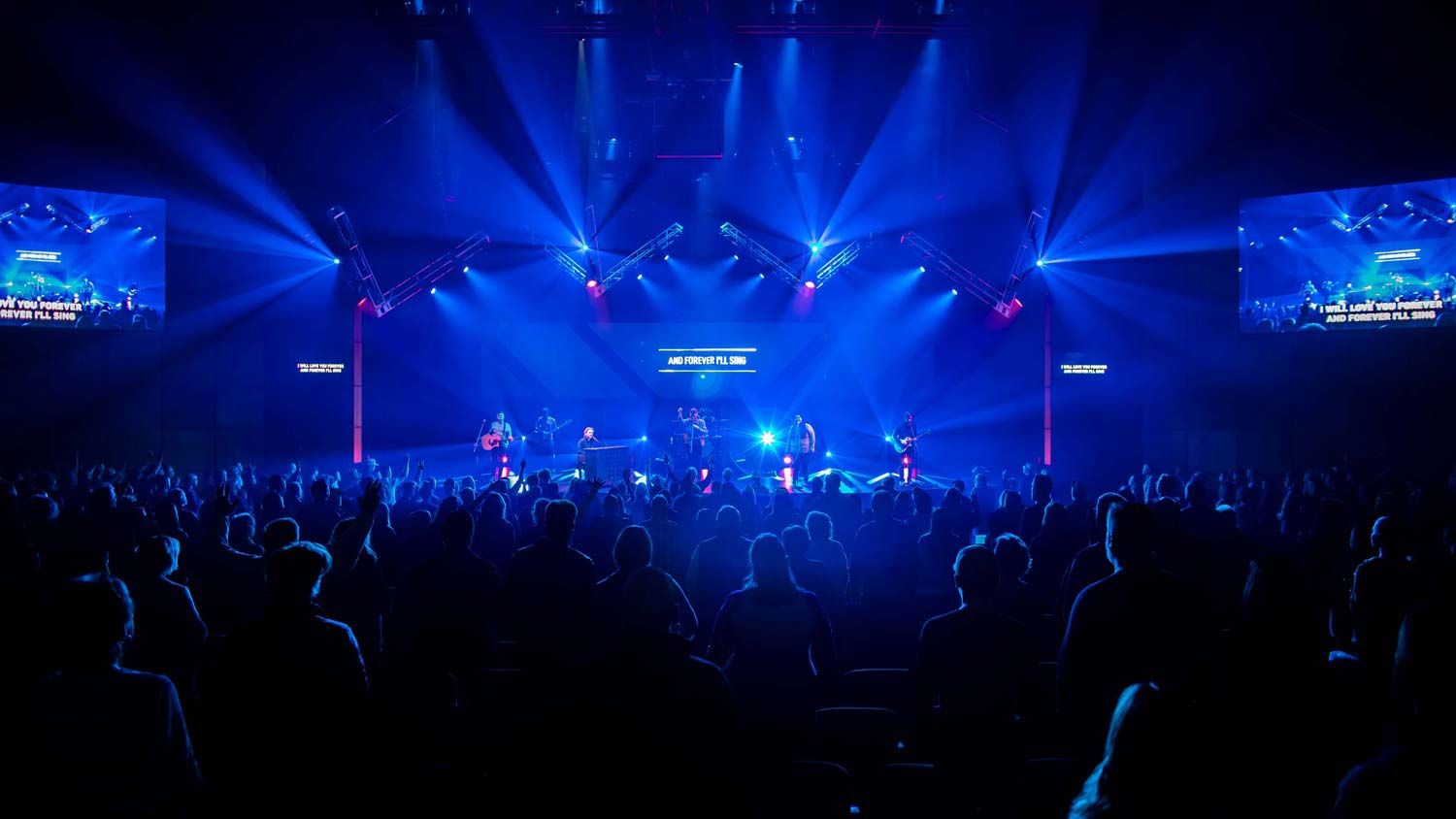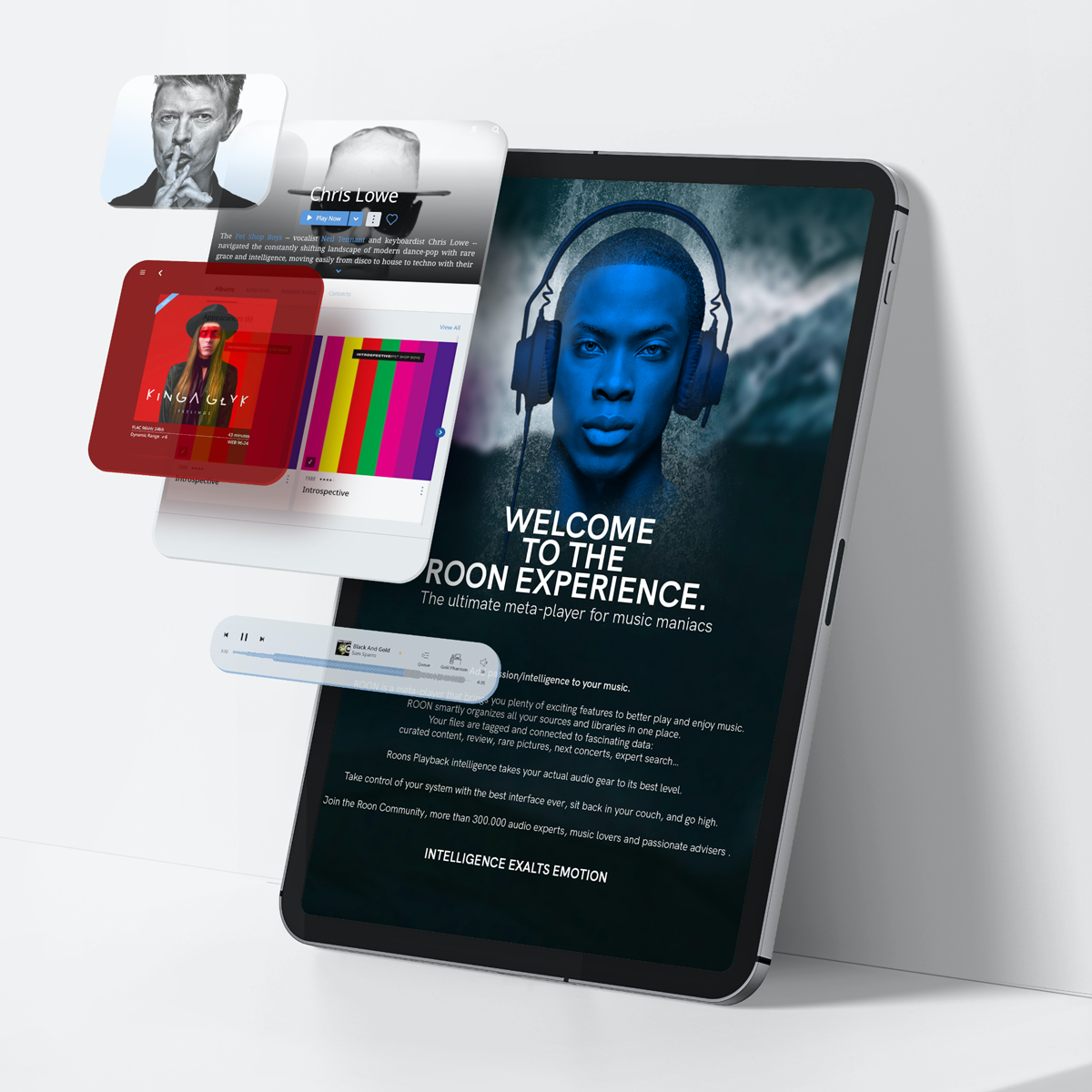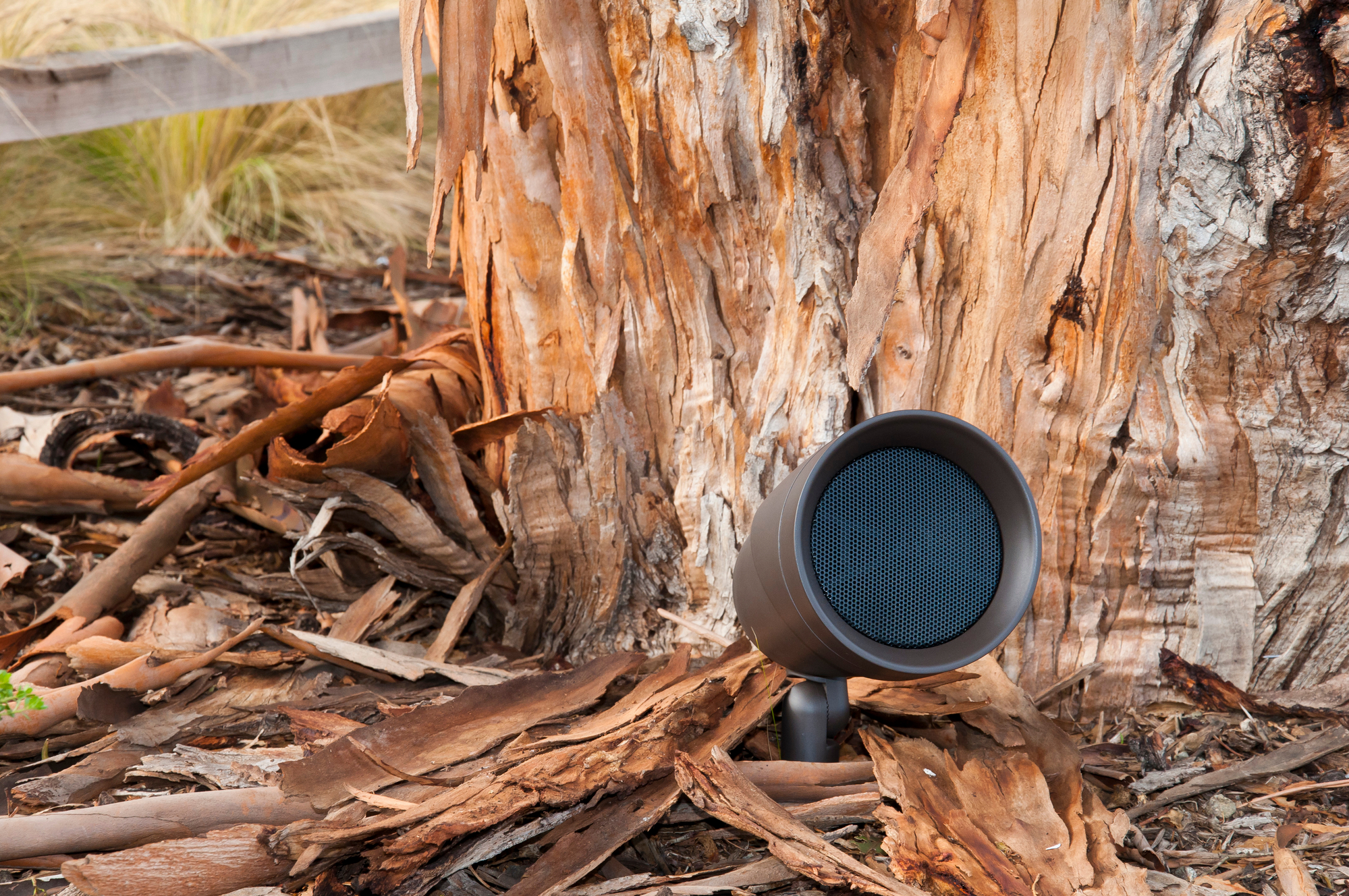
We help church leaders deliver engaging experiences.
We help church leaders deliver
engaging experiences.
Audio, Video, & Lighting Solutions, since 1976
Our Church Technology Team
We are a leading national full-service church technology (AVL) integration solutions company; dedicated to providing the right amount of technology so churches can achieve their vision and deliver their message, without distractions. We partner with churches to design, engineer and install audio, video, lighting solutions uniquely designed for every congregation.
SERVING CHURCHES FOR MORE THAN 40 YEARS
CCI SOLUTIONS
- Room Acoustics
- Loudspeaker Design
- Audio Mixing Consoles
- Distributed Audio
- Microphones
- Sound System Installation
- Streaming & Broadcasting
- LED Video Walls
- Camera Systems
- Outdoor Venues
- Digital Signage
- Distributed Video
- Video Installation
- House Lighting
- Stage Lighting
- Architectural Lighting Control
- Truss & Rigging
- Lighting Consoles
- Lighting Design
- Lighting Installation
- Room Control
- Lighting Control
- Networking
- Touch Screens
- Programming
Why Churches Trust CCI Solutions
See how Calvary Chapel Chino Hills and Northshore Church partnered with CCI Solutions to deliver a seamless worship experience every weekend.
Discover Our Latest Projects
Your vision is our mission. We believe in building long-term relationships with our clients, and becoming their trusted partner in creating exceptional audio, video and lighting experiences. Whether it's a one-time installation or ongoing support and maintenance, we are dedicated to making sure your church technology helps you achieve your vision.
Crafted technology solutions for your space
Enhance the impact of your message with audio and visual technology that brings your vision to life
CONNECT WITH US TODAY
Serving churches nationally, we are your experts for church audio, video and lighting (AVL) design & integration. Our approach is customer-centric. Our passion is transforming your sanctuary experience. Connect with us today.
 800 224 7978
800 224 7978












